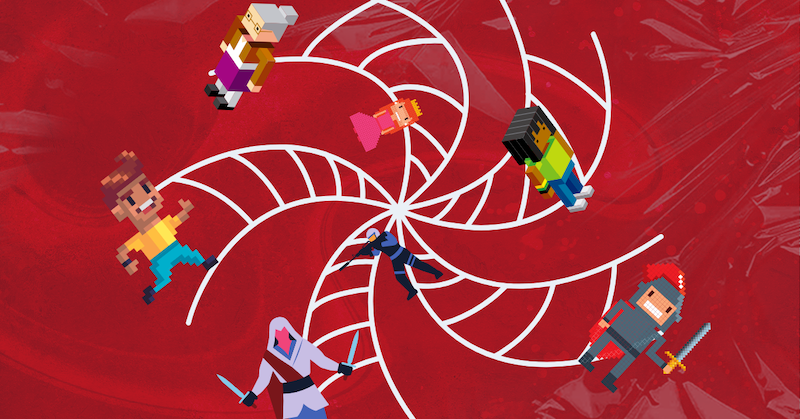Fans of “Kim Kardashian: Hollywood,” a mobile game shuttering in April, are heartbroken, per The Wall Street Journal.

Glu Mobile (acquired by Electronic Arts in 2021) launched the game in 2014. Players control a custom avatar whose goal is to book gigs, go on dates, and otherwise increase their Hollywood clout to A-list status.
- The game was a hit, raking in $74.3m in its first six months, and a loyal fanbase of long term players.
- WSJ spoke to some who’d spent years spending in-game currency (which cost real money) on their avatars’ dream homes, private jets, designer fashions, and more.
- Players are circulating and signing online petitions to save their beloved app.
But Kardashian, once deeply involved in the game’s creation, wants to focus on her “other passions.”
Sure, it’s not real life…
… but people get attached to virtual worlds, whether it’s an “Animal Crossing” village or “Minecraft” city, a massively multiplayer online (MMO) game, or a metaverse space.
- One study found that people’s feelings of affection for digital places can be even stronger than for their real homes
- Another survey found online gaming communities can foster friendships just as important as those IRL.
Yet many have shut down leaving nothing behind, including MMOs “City of Heroes” and “Star Wars Galaxies” and Microsoft’s social platform, “AltspaceVR.”
And with the rise of cloud gaming and AI…
… we’re apt to see more of it.
An Ubisoft exec recently spoke about a consumer shift where gamers should get “comfortable” not owning their games, the way people now rely on streaming services over physical media for music, TV, and movies.
But that’s also led to the loss of certain media as streamers pull shows that, unlike series of yore, have no DVD boxset.
At the same time, people have become attached to AI companions:
- Replika users were dismayed when a software update changed their companions’ personalities.
- Soulmate and Forever Voices users were upset to lose their AI companions when the platforms shut down.
In an increasingly online and AI-powered world, the question remains as to what responsibility, if any, companies have to users who build a world and relationships, only to have them vanish.
